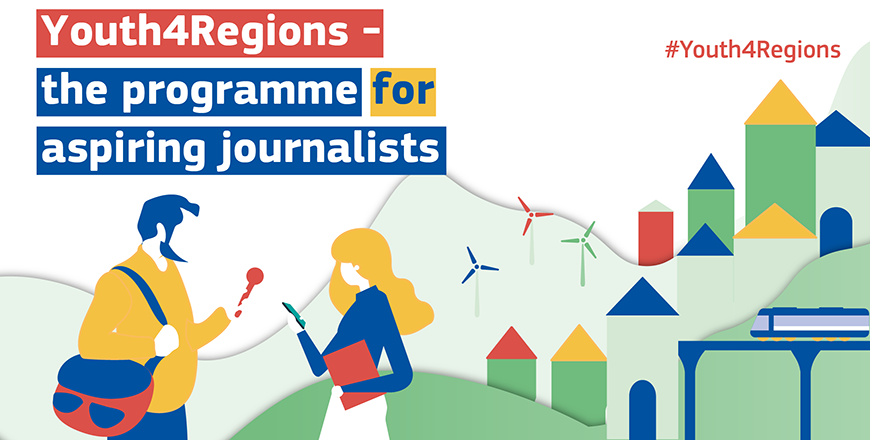- Local News
- Tue-2020-04-14 | 02:41 pm

"Calling aspiring journalists from Jordan,” read the commission’s announcement on social media platforms as well as their official website.
The Youth4Regions is a programme to "help journalism students and young journalists discover what the EU is doing in their region,” added the announcement.
As of April 6, journalism students and young journalists were invited to apply and participate in the eponymous competition. After the deadline, which is on July 13, 33 winners will be selected.
The application criteria are: EU or neighbouring country citizenship, age 18 to 30 years and to "demonstrate a real interest in journalism through studies and/or work experience.” Applications from former participants are not accepted.
The EU candidate countries are Albania, Macedonia, Montenegro, Serbia, Turkey, Bosnia and Herzegovina, and Kosovo, Algeria, Egypt, Israel, Jordan, Lebanon, Libya, Morocco, Palestine, Syria, Tunisia, Armenia, Azerbaijan, Belarus, Georgia, Moldova and Ukraine.
Applicants must send a short article of 400 to 1,000 words or a short video reportage of 2-3 minutes depicting a project co-financed by the European Regional Development Fund (including Interreg) or Cohesion Fund. The theme, however, is up for choice.
The winners will be invited to Brussels during the EU Week for Regions and Cities expected to take place in October 2020, where they will be able to attend trainings, receive mentorship from established journalists, work together with the latter in the pressroom and visit the EU institutions and media organisations.
Successful applicants will also be considered for the Megalizzi – Niedzielski prize for aspiring journalists.
Applications are welcomed from EU Member States, neighbouring and accession countries.
The application form and the conditions for participation are available on the programme's webpage, www.youth4regions.eu.
According to the commission, a survey among former participants of the programme found that "18 per cent of the respondents had received a job offer thanks to the programme and that 97 per cent considered that the programme helped them improve their understanding of the EU and regional policy.”










